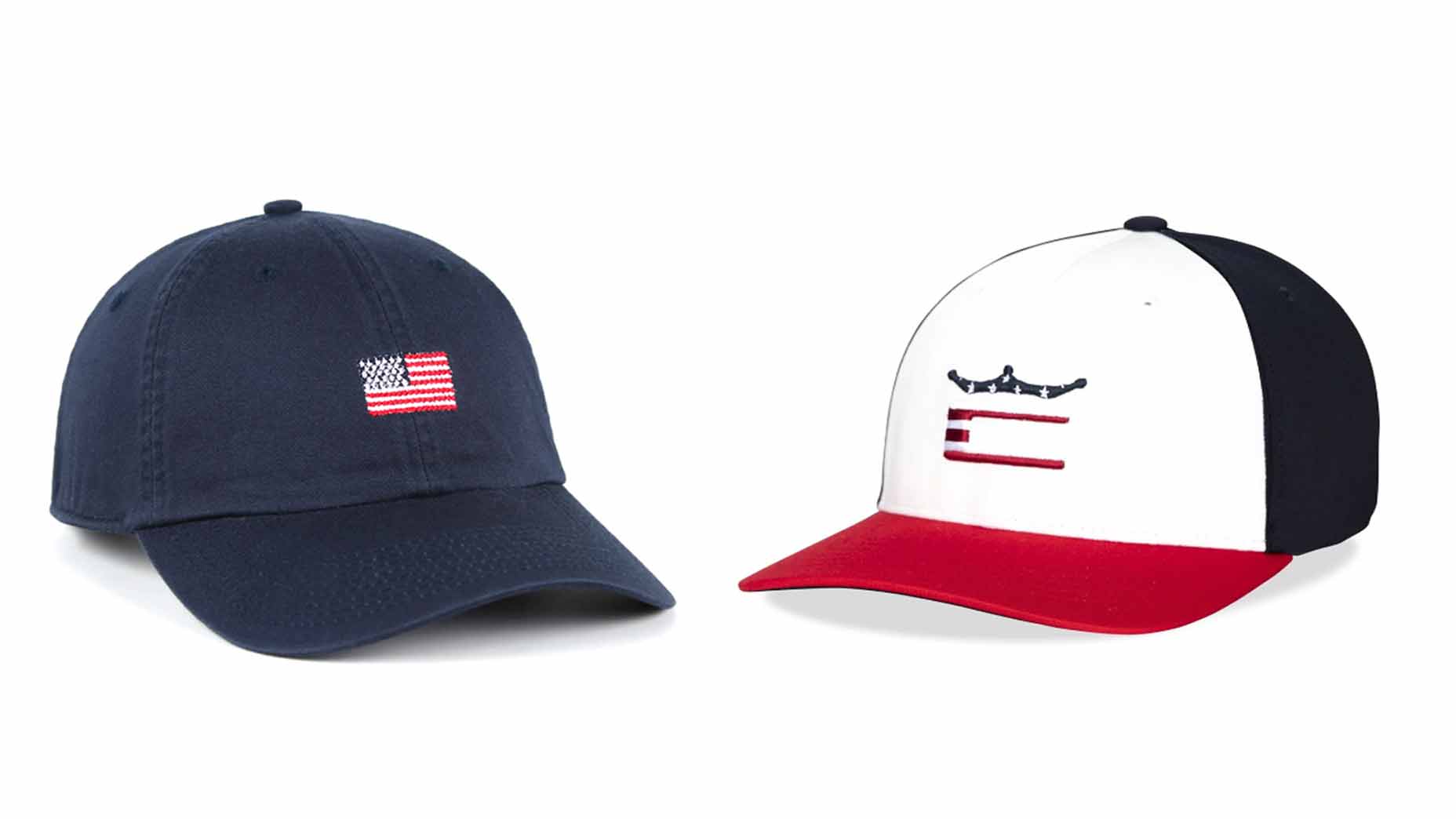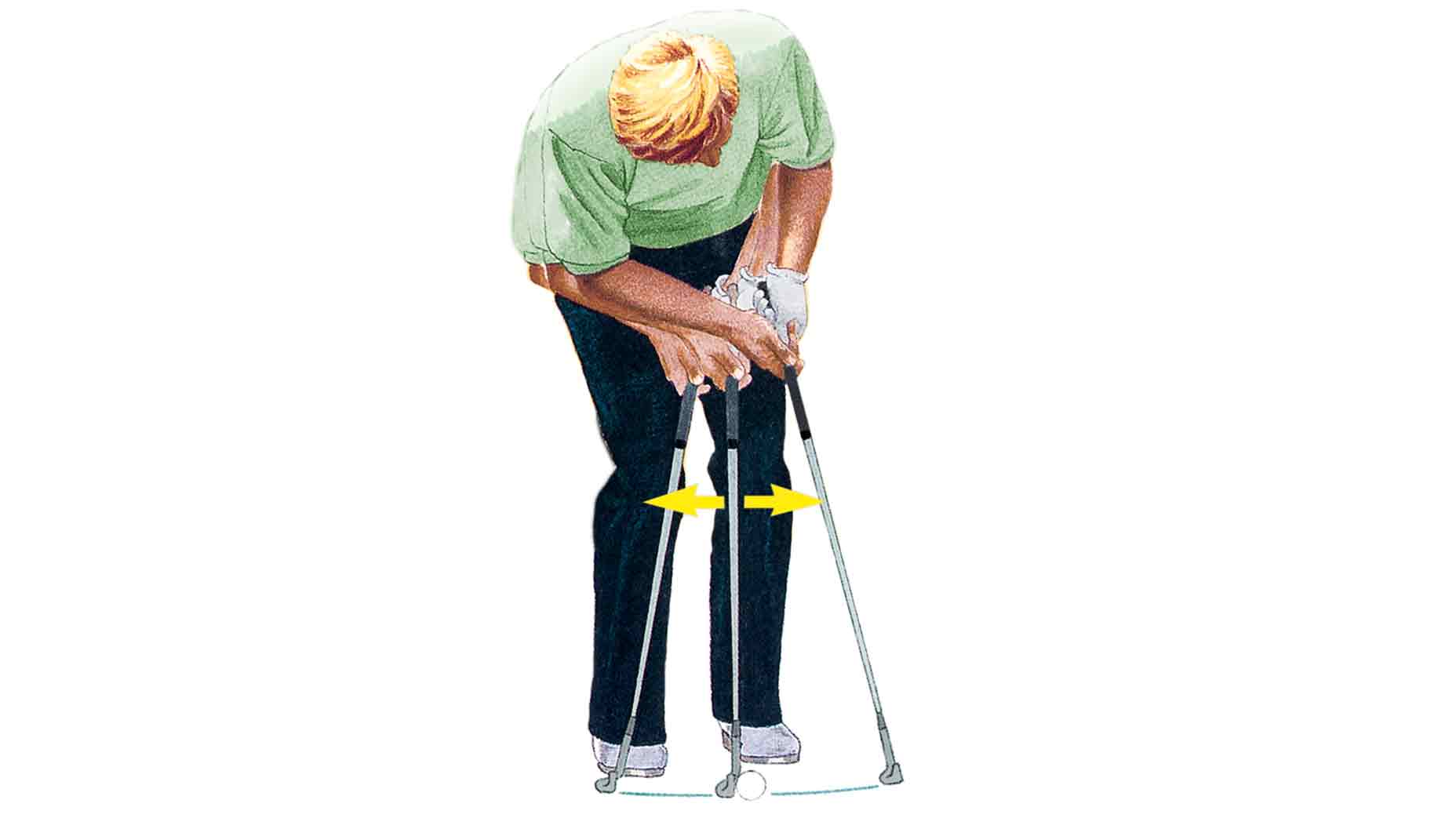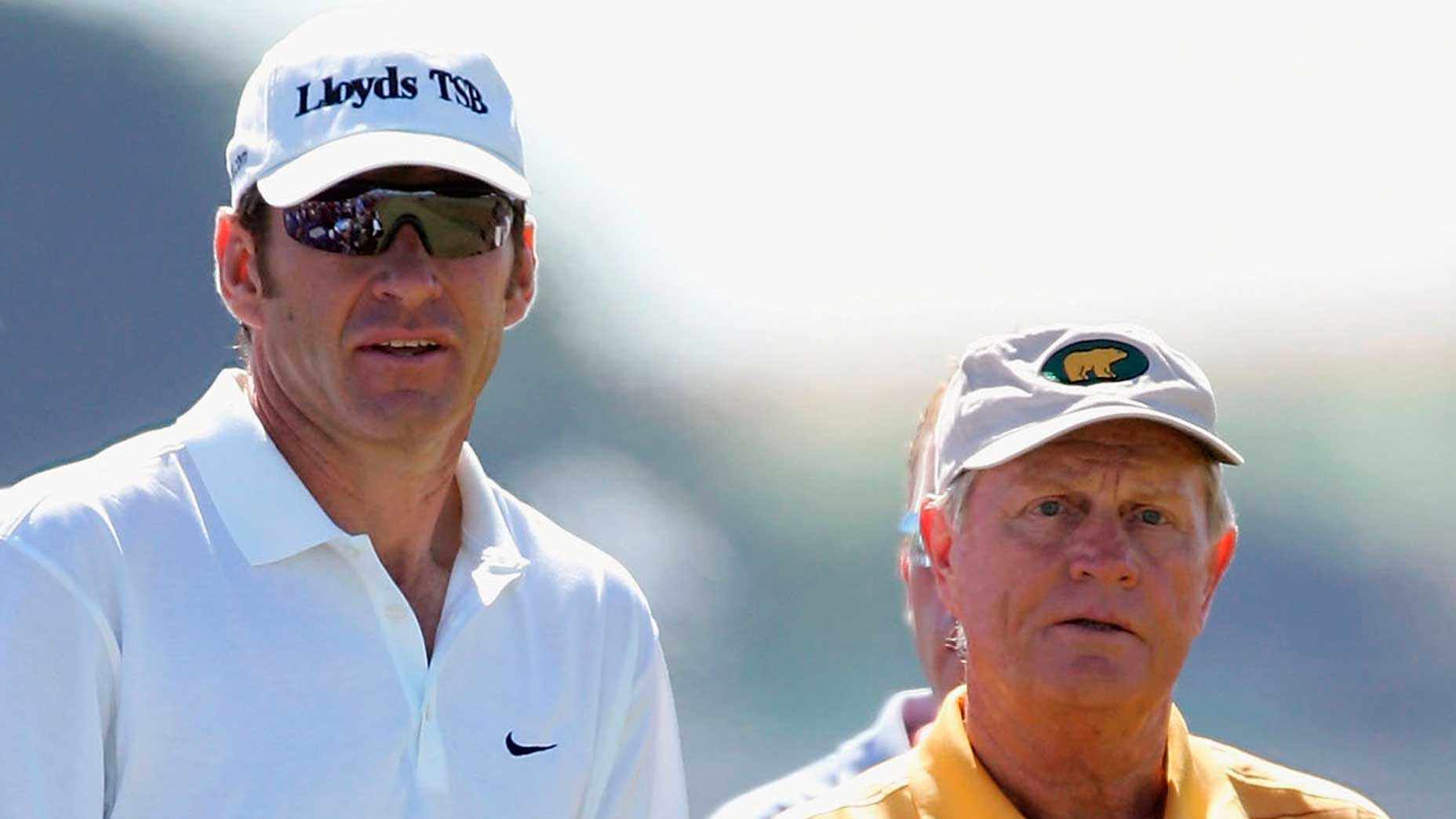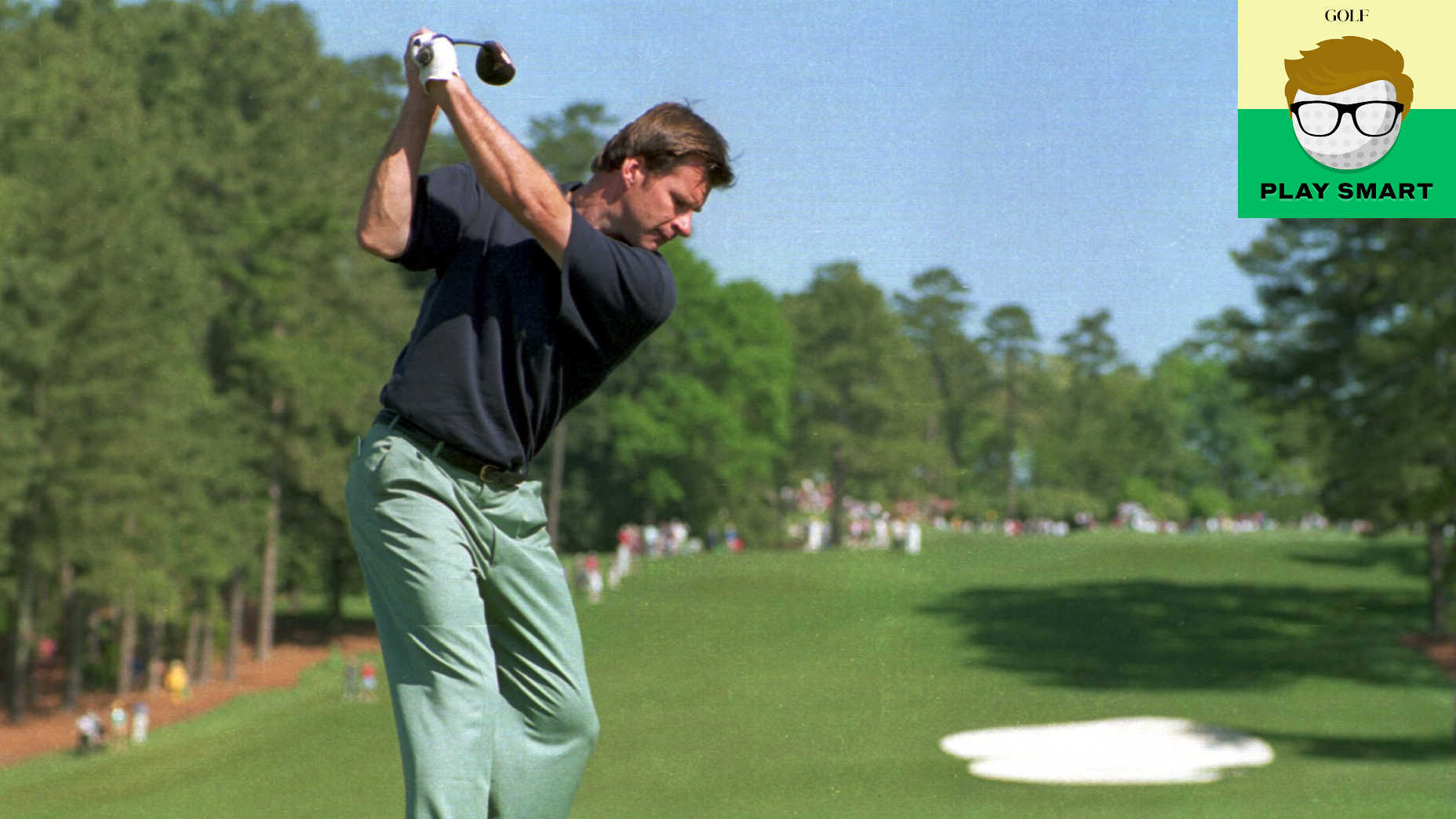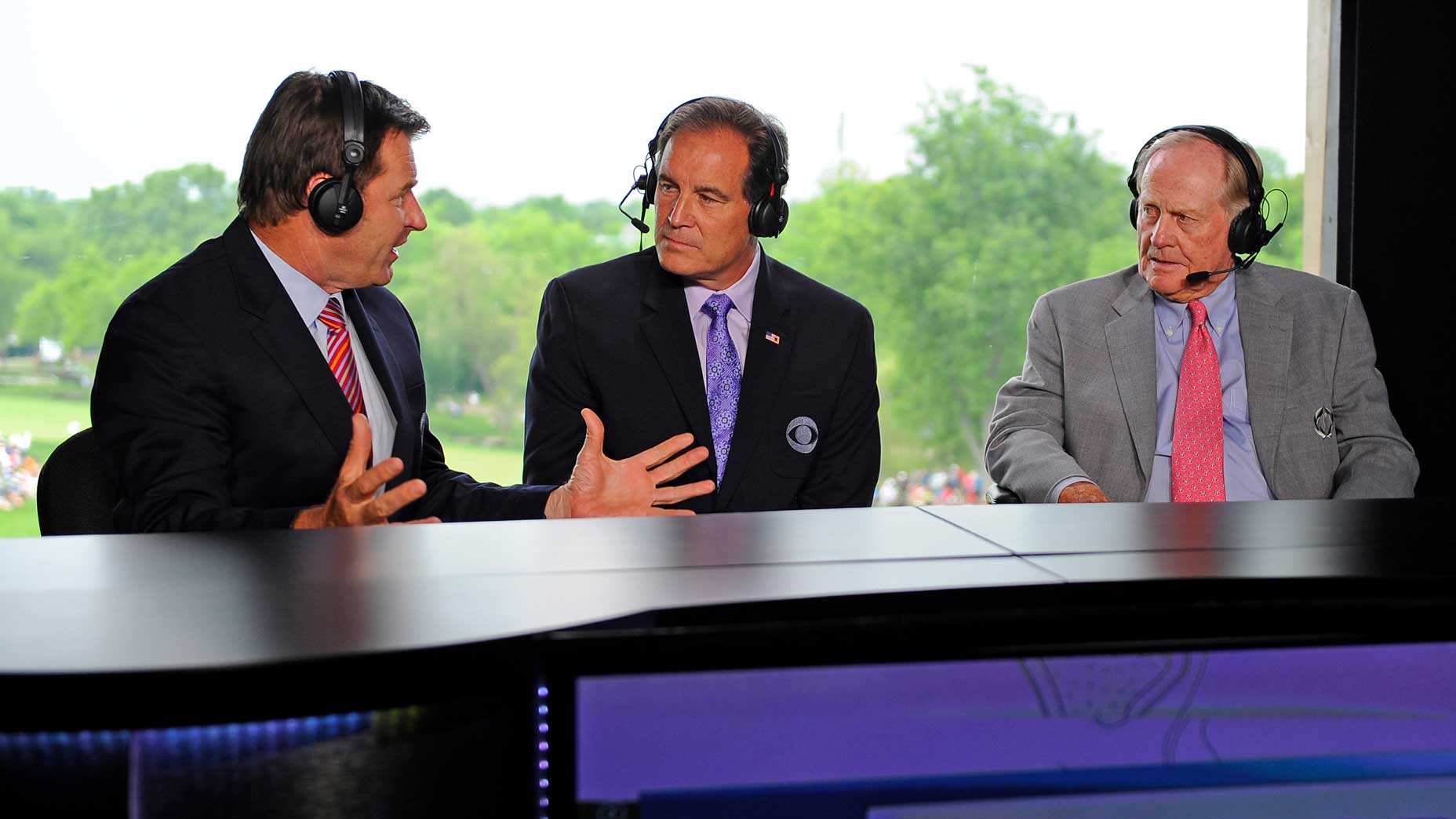This AI-powered Jack Nicklaus ‘twin’ will allow fans to interact with the golf legend
- Share on Facebook
- Share on Twitter
- Share by Email
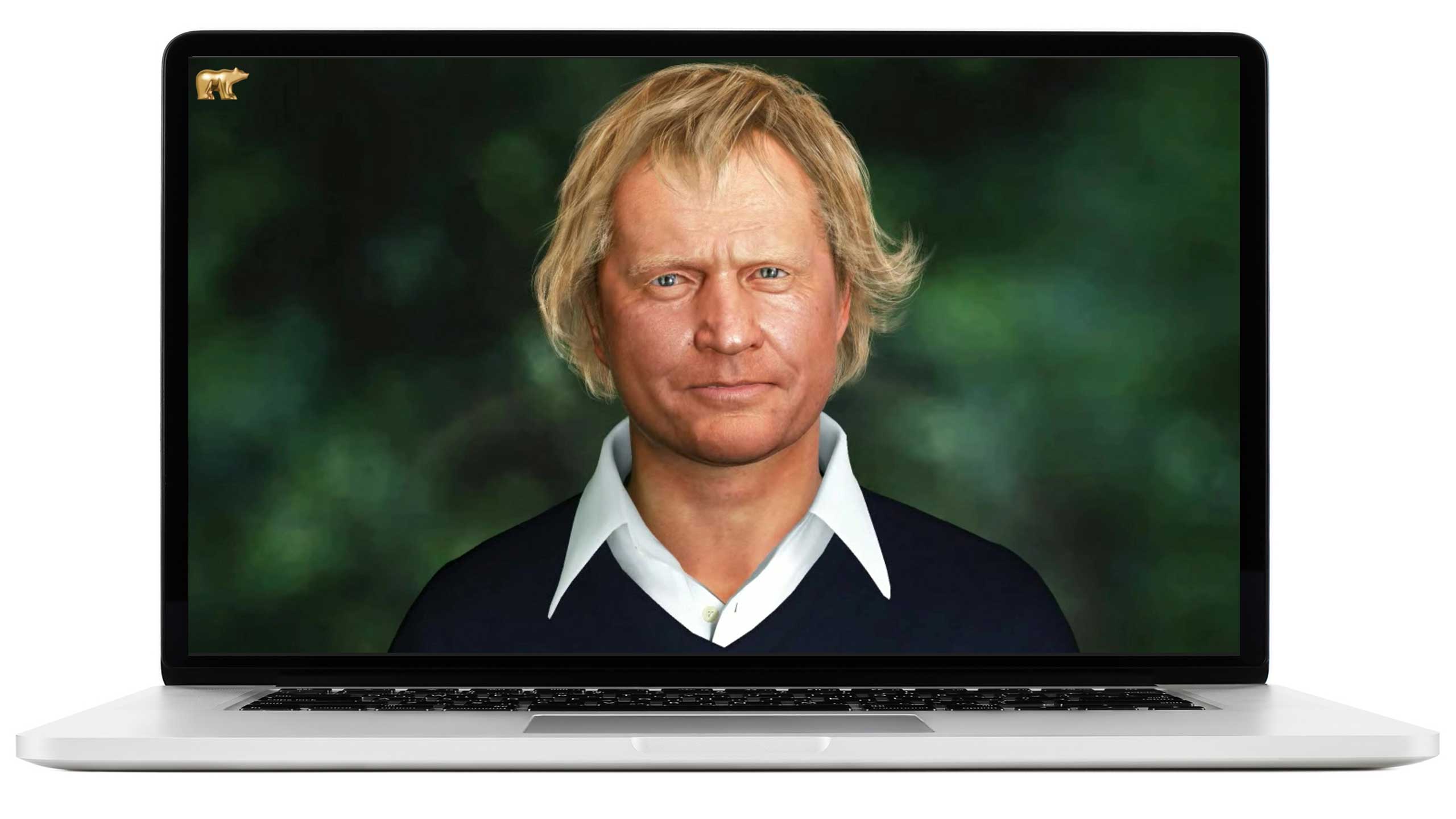
Digital Jack will help Nicklaus' legacy live on.
Soul Machines
Jack Nicklaus will soon take your questions.
Digital Jack, that is — an AI-powered interactive version of Nicklaus which, when it launches later this year, will be available to give fans, through their web browsers, a chance to quiz the Golden Bear about his career and seek out his advice about their own games.
The idea for Digital Jack dates to the spring of 2020 when Robert Sample, a senior vice president of marketing at Nicklaus Companies, which is an affiliate of GOLF.com, saw digital avatars featured on a 60 Minutes episode.
“We should create an AI Jack,” suggested Sample, who has worked with Nicklaus for more than 20 years. “We should have an avatar of Jack that lives beyond his lifetime and tells his story and continues his legacy.”
Enter L.A.-based Soul Machines, which became Nicklaus Companies’ partner on the project and worked extensively with Nicklaus to develop the digital version. Established in 2016, Soul Machines is in the business of creating digital characters with its Human OS Platform and Digital Brain technology.
“Jack will be the first athlete or celebrity to have an interactive, intuitive digital twin of himself,” said Greg Cross, co-founder and CEO of Soul Machines. “This unique offering will make a big impact on the industry.”
Added Nicklaus Brands president Andy O’Brien, “Imagine Jack Nicklaus being able to speak to future generations, interact with fans and do things like teach the game of golf in a dozen languages.”
Question was, how would it work?
For starters, Nicklaus needed to decide which version of himself he wanted to present. Ultimately, he settled on the Nicklaus of 1978, when he won the British Open at St. Andrews. Nicklaus, Sample said, felt that 1978 represents “a peak period in his career.”
The next task was for Nicklaus to travel to Los Angeles last year so his facial gestures and movements could be fully scanned. Nicklaus sat in a studio for hours over the course of two days and smiled, frowned, grimaced, laughed, said hi, said bye, looked sad, angry, happy, amused.
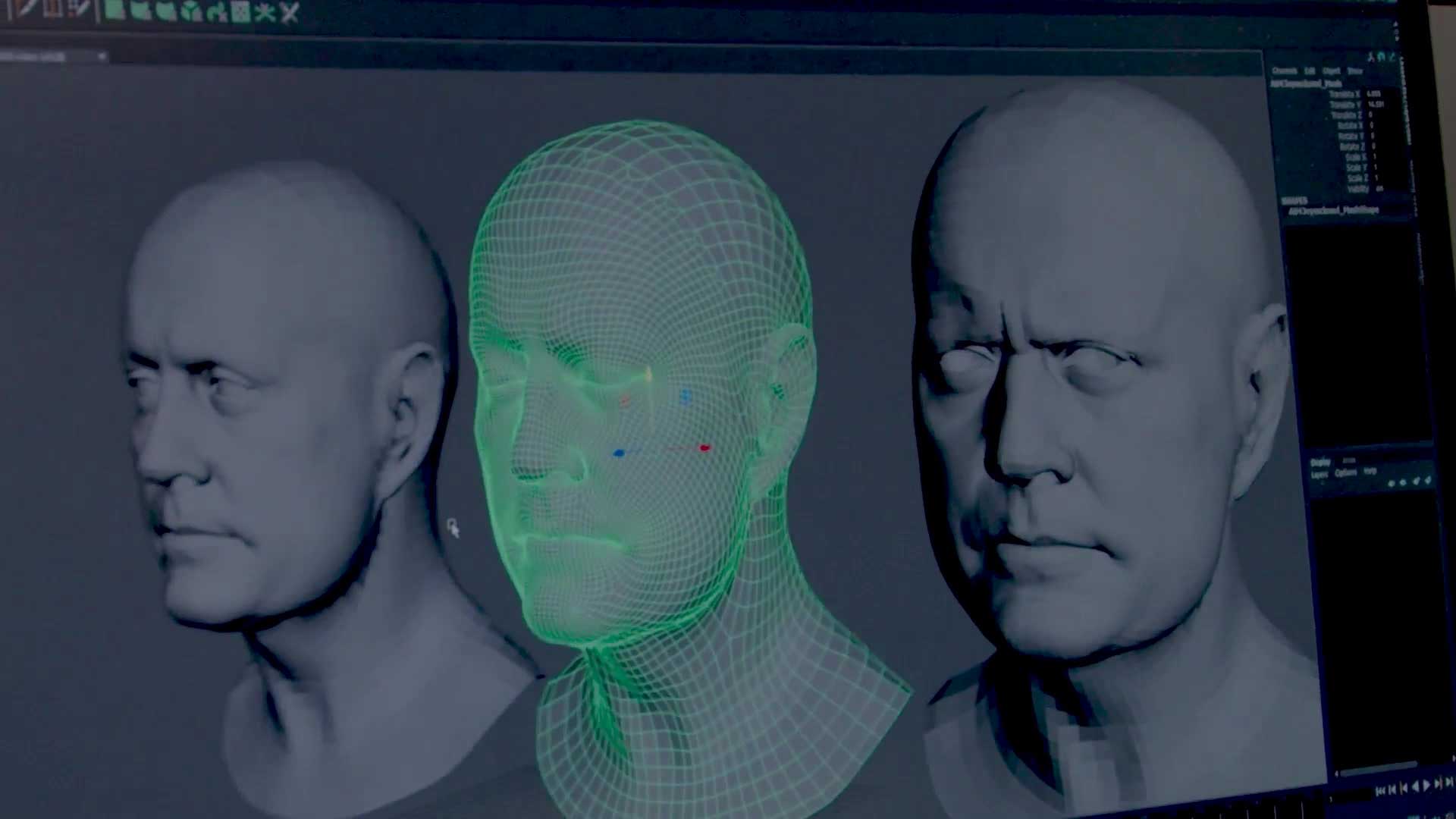
Cross said it took six months to create Digital Jack. Computer Generated Imagery artists, Cross said, “brought Jack to life in a whole range of different applications in which fans can engage with him…and through our work with Microsoft to replicate his voice, Jack can speak Japanese, Korean, Mandarin, Spanish, French, etc.”
At the outset, fans will be able to ask Nicklaus about his first major victory, the 1962 U.S. Open at Oakmont, when he out-dueled the local favorite, Arnold Palmer, in an 18-hole playoff for Nicklaus’ first of 18 major championship wins.
“We asked people of different ages, different genders, and it got down to No. 1, people wanted an insight into his majors and his life,” O’Brien said.
Updating the Digital Jack content will be an ongoing process, but soon enough Nicklaus will also weigh in on the last of his major titles.
“Everyone wants to talk with Jack about the 1986 Masters,” Sample said. “We have volumes of first-person material from Jack over the years.”
The 1978 Digital Jack will not be the only avatar for fans to check out; discussions already are underway for what might come next.
“In the future we might create 22-year-old Jack,” Cross said. “Jack with a crew cut. Jack’s first win against Arnold Palmer. Right now, you’ve got Jack’s digital twin from the waist up. By the end of the year, it will be full-bodied Jack. Jack walking. Jack gesturing. Jack swinging a golf club. Digital Jack will be accessible in AR on your phone, tablet or eventually in the metaverse.”
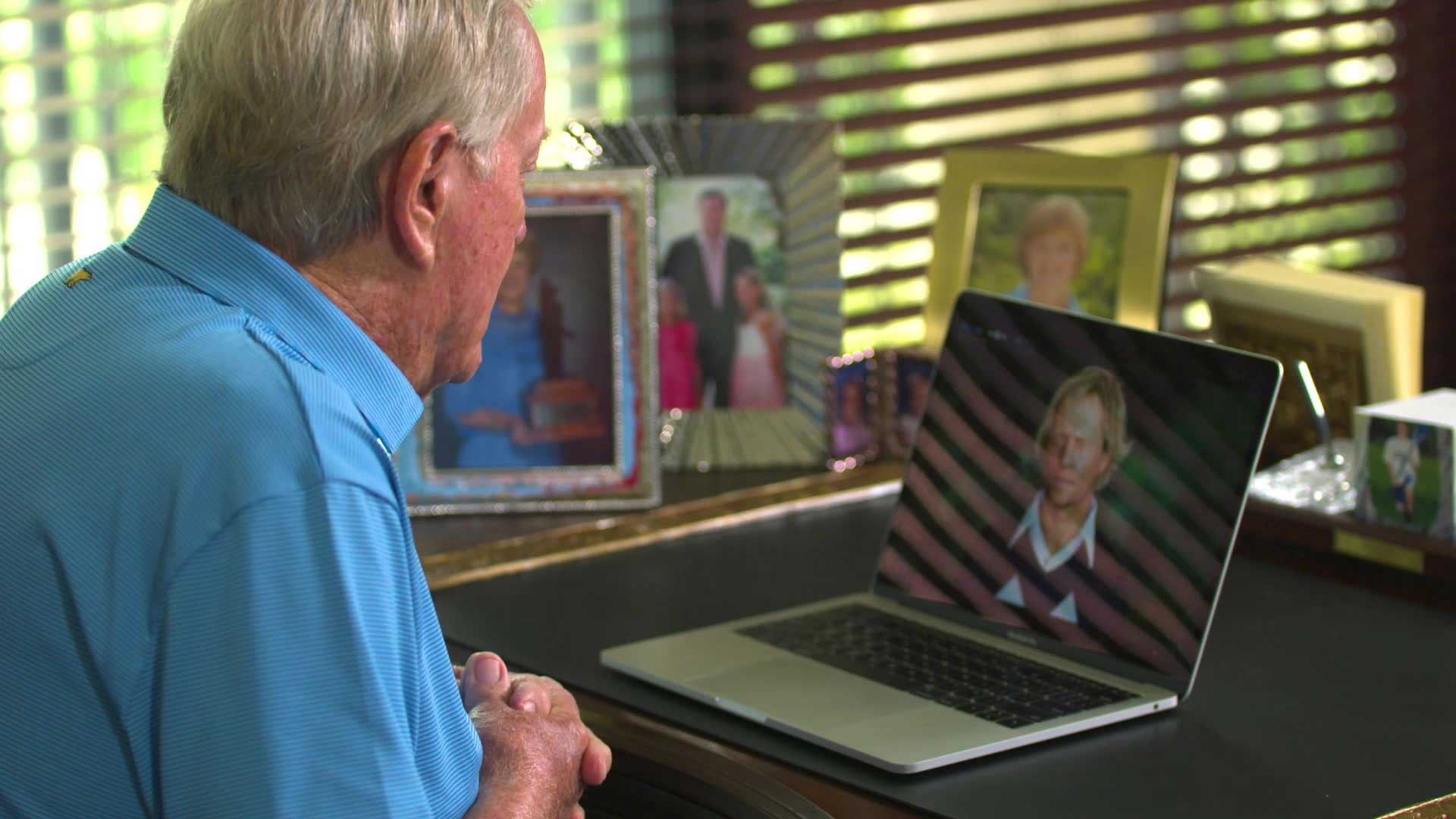
However Digital Jack renders, he also will be available to dispense game-improvement advice. Those who play Nicklaus-designed courses will eventually be able use their smartphones to ask him for tips on how to approach a specific hole. He will also talk about the courses he has designed.
“You’ll be able to walk around a PGA Tour event or your golf course, pull out your phone and hold it up like you’re FaceTiming Jack, and it will show Jack walking on the tee, and you’ll be talking to him, asking him questions,” Cross said.
The next athlete to have a digital twin, Cross said, will be the NBA player Carmelo Anthony, which will be launched in late June; other avatars are also in the works, from twins of K-pop bands in South Korea to top Hollywood actors and actresses.
Cross explained how he landed on the name for his company.
“We spend more and more of our lives interacting with machines,” he said. “We had this fundamental view that our machines and our technology and our devices can be more useful to us if there’s more of a human connection. The idea here is we’re putting a bit more soul into the digital world.”
A bit more Jack, too.
For more on Digital Jack, check out the video embedded above.
Latest In Lifestyle

Golf.com


